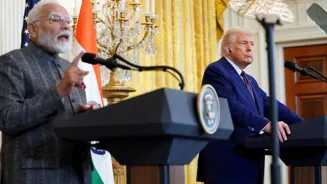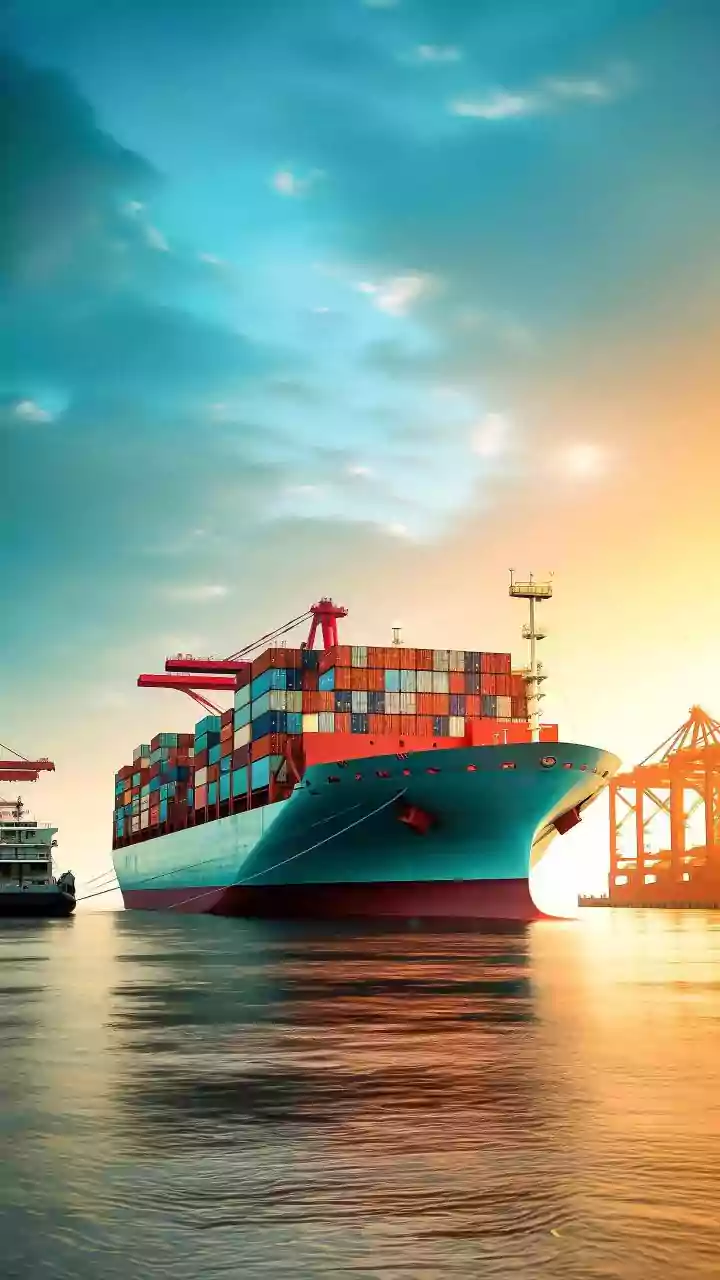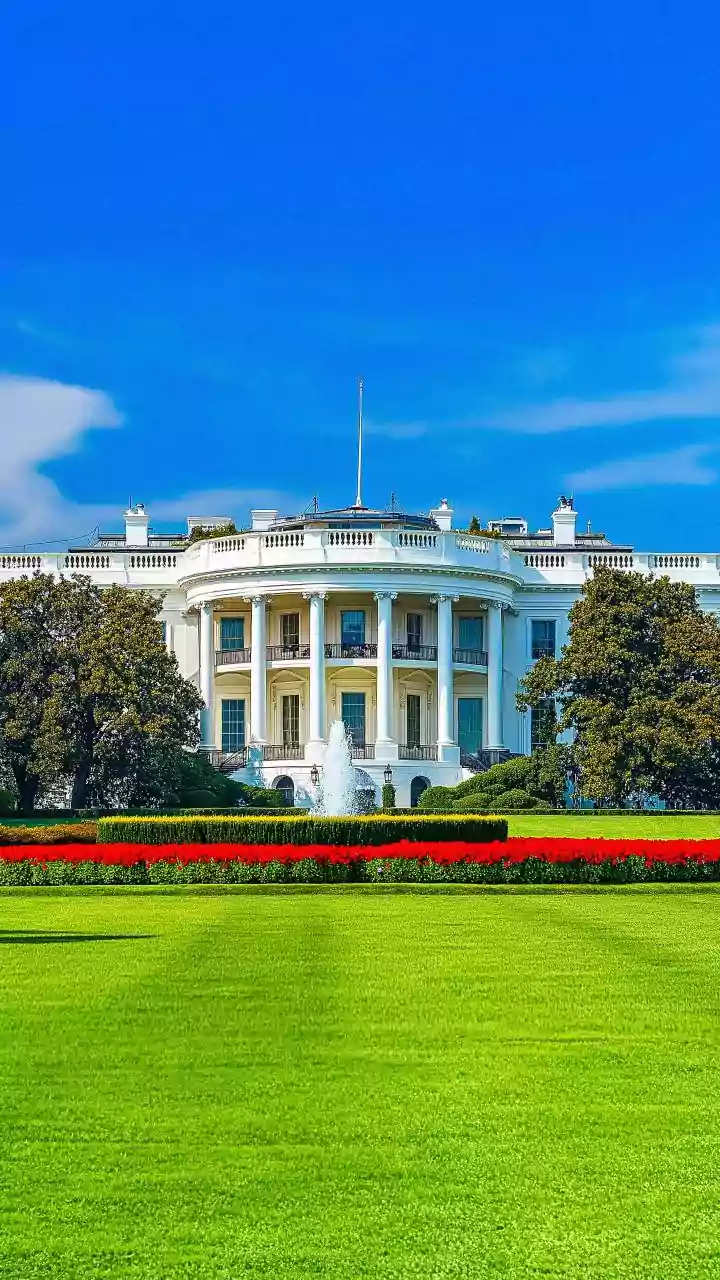Former Indian High Commissioner to India, Vikas Swarup, said the current bonhomie between the United States and Pakistan is a “strategic mistake” as Islamabad is a close ally of China, adding that the relationship
was tactical in nature and would not last long.
Swarup’s remarks came after the United States has strengthened cooperation with Pakistan – which has failed to curb terrorist activities on its soil – in the field of trade and cryptocurrency, while US President Donald Trump imposed 50% tariffs on India’s exports, exacerbating tensions between the two strategic partners and sparking backlash from Indian politicians.
Speaking to news agency ANI, the former envoy said Trump was miffed at India for ignoring his so-called role in the ceasefire between India and Pakistan during Operation Sindoor in May. Trump has been claiming that he used trade as a tool to convince both warring nations to agree to a ceasefire, but Prime Minister Narendra Modi has rebuffed his claims, saying it was Pakistan’s DGMO who reached out to his Indian counterpart.
#WATCH | “…If you cave in to a bully then the bully will increase his demands. Then there will be even more demands. So, I think we have done the right thing. India is too large, too proud a country to become a camp follower of any other country. Our strategic autonomy has been… pic.twitter.com/IlqsbHSUBy
— ANI (@ANI) August 13, 2025
“We have to understand why these tariffs have been imposed….One, Trump is not happy with India because we are a member of BRICS…he has got this notion that BRICS is an anti-American alliance which is hell-bent on creating an alternative currency to the dollar…he feels that India should not be a member of the BRICS,” Swarup said.
The other reason was India’s refusal to give Trump the credit for brokering the ceasefire. “Trump has now said almost 30 times that it was he who got the two countries to stop back from the brink, who stopped a nuclear conflagration in the subcontinent. So, he is miffed that India has not acknowledged his role, whereas Pakistan has not only acknowledged his role but has even nominated him for a Nobel Peace Prize,” he added.
India carried out Operation Sindoor on May 7, striking terror camps in Pakistan and Pakistan-occupied Kashmir (PoK) in response to the barbaric attack in Jammu and Kashmir’s Pahalgam on April 22 that claimed 26 lives. The terrorists were part of The Resistance Front (TRF) outfit linked to Pakistan-based Lashkar-e-Taiba (LeT).
‘If You Cave In To A Bully…’
Speaking on the ongoing trade tensions between India and the US, Swarup lauded India’s stand of not caving in to the US pressure to provide more access to the country’s agriculture and dairy sectors. “If you cave in to a bully then the bully will increase his demands. Then there will be even more demands. So, I think we have done the right thing,” he said.
“India is too large, too proud a country to become a camp follower of any other country. Our strategic autonomy has been the bedrock of our foreign policy right from the 1950s.”
He said Trump’s softer approach towards Pakistan was because Islamabad had projected itself as a reliable partner by leveraging cryptocurrency and its so-called “oil reserves”, but that did not mean that the US had given up on India. Swarup said the US was using pressure tactics to secure a more favourable deal and that India should not cave in.
US-Pakistan Ties & ‘Tariff King’
The former diplomat also said Washington’s current relationship with Pakistan was a tactical and short-term one, motivated by financial gain, while India’s relationship with the US was much more strategic. “That is why I personally feel that it is a passing phase. I call it a storm, not a rupture. You just have to wait out the storms. All storms eventually pass.”
“I think it’s a strategic mistake on the part of the US that you are getting in bed with Pakistan which is in bed with China. China is the US’ strategic competitor,” he also mentioned.
Regarding Trump’s accusations of India’s tariffs being too high, Swarup said now the US was the “tariff king” as India’s average tariff was 15.98%, while that of the US is 18.4%. “Tariffs are bringing in money. They will bring in about $100 billion a year for the US. But the issue is that eventually, who will pay for these tariffs? American consumers.”
(with ANI inputs)





















